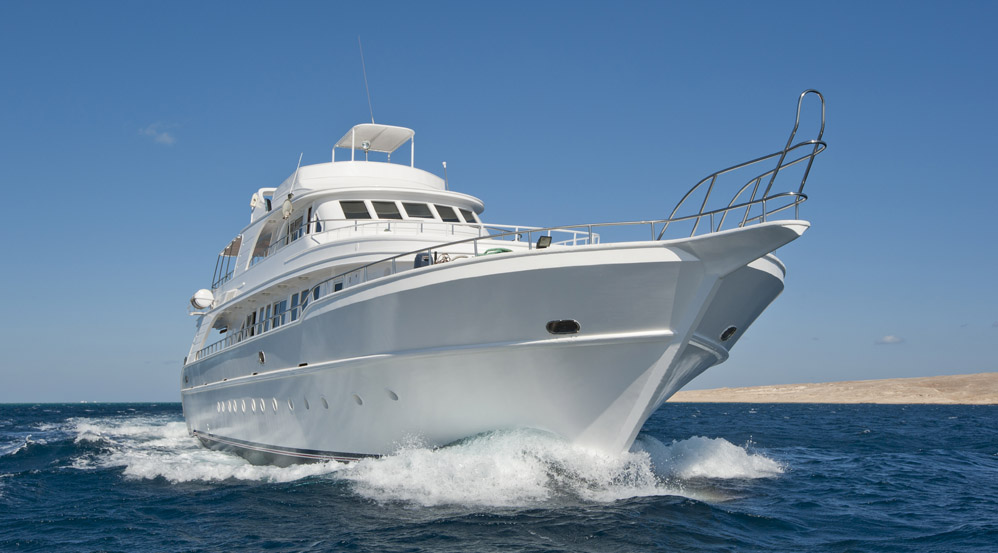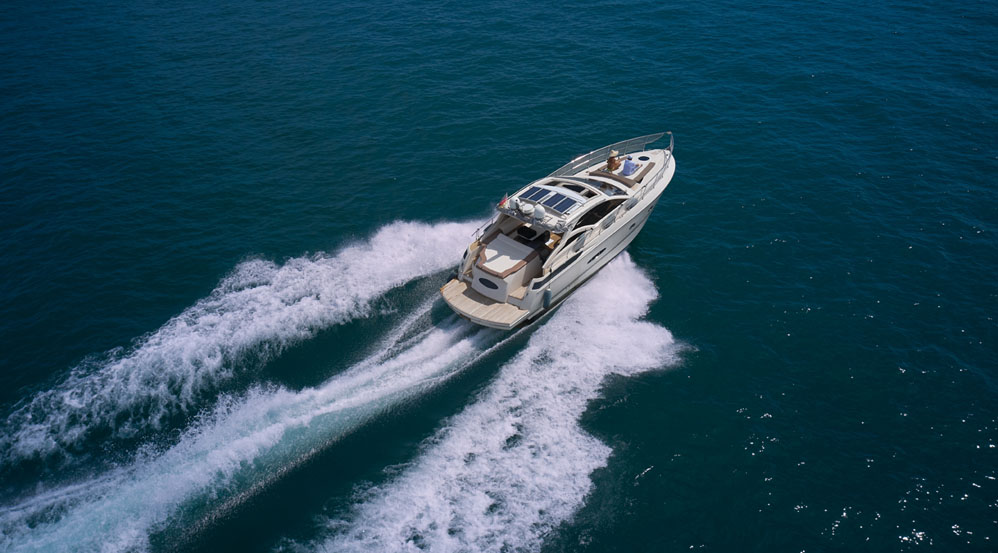- May 4, 2025
- Marine Engines
- The Most Corrosive Materials for Marine Engines (And How to Protect Against Them)
Discover the top corrosive materials that damage marine engines—like saltwater, battery acid, and sulfur-rich fuel—and learn effective corrosion prevention tips for marine engine maintenance.
Introduction
Corrosion is one of the most destructive forces affecting marine engines. Whether you’re operating a commercial vessel or a recreational boat, your engine is constantly exposed to harsh elements like saltwater, battery acid, and fuel contaminants. These corrosive materials can silently eat away at engine components, leading to expensive repairs or even complete engine failure.

In this guide, we’ll explore the most corrosive materials for marine engines, explain how they cause damage, and share proven strategies for marine engine corrosion protection.
1. Saltwater: The Most Common Cause of Marine Engine Corrosion
Why it’s harmful: Saltwater is a powerful electrolyte that accelerates the oxidation of metals. When exposed to saltwater, metal surfaces form rust much faster, especially in warm, humid climates.
Affected areas:
- Cooling systems
- Exhaust manifolds
- Lower units and propellers
Protection tips:
- Flush your marine engine with fresh water after every saltwater use
- Use sacrificial anodes (zincs) to divert corrosion
- Apply anti-corrosion spray to exposed metal surfaces
2. Battery Acid and Bilge Water: Hidden Corrosive Dangers
Why they’re corrosive: Leaks from lead-acid batteries and contaminated bilge water (a mix of oil, fuel, and seawater) can create a highly corrosive environment inside your engine compartment.
Affected areas:
- Electrical terminals
- Engine mounts
- Metal housings
Protection tips:
- Secure marine batteries and check regularly for acid leaks
- Clean the bilge regularly and use a bilge water filter system
- Seal all electrical connectors and treat with dielectric grease
3. Mixed Metals and Galvanic Corrosion
Why it’s dangerous: When different metals (like stainless steel and aluminum) are in contact and exposed to saltwater, galvanic corrosion can occur. This electrochemical reaction eats away at the more reactive metal.
Affected areas:
- Heat exchangers
- Shaft couplings
- Outdrives and brackets
Protection tips:
- Avoid connecting dissimilar metals directly
- Use appropriate anodes based on your engine’s metal composition
- Insulate metals with plastic washers or sleeves
4. High-Sulfur Diesel Fuel
Why it causes corrosion: Diesel with high sulfur content produces sulfuric acid during combustion, especially if the engine runs cool or idles for long periods.
Affected areas:
- Exhaust valves
- Turbochargers
- Internal cylinder walls
Protection tips:
- Use low-sulfur marine diesel fuel
- Warm up your engine fully before operation
- Use diesel fuel additives to neutralize acids and improve combustion
5. Carbonic Acid from Combustion and Moisture
Why it’s corrosive: Carbon dioxide reacts with water to form carbonic acid, which contributes to long-term metal degradation, especially in wet exhaust systems or engines with poor ventilation.
Affected areas:
- Heat exchangers
- Cooling system plumbing
- Exhaust elbows
Protection tips:
- Replace coolant regularly and use anti-corrosive additives
- Minimize idle time and keep engine compartments well-ventilated
- Inspect wet exhaust systems for corrosion or blockages

Protect Your Marine Engine from Corrosion
Corrosion is a relentless enemy of marine engines—but with proper care, it’s one you can defeat. By understanding the corrosive materials that pose the greatest risks—like saltwater, battery acid, and high-sulfur diesel—you can take proactive steps to protect your investment.
Marine engine maintenance isn’t just about oil changes and filters—it’s about corrosion control, proper material selection, and routine inspections. Stay ahead of corrosion, and your engine will stay ahead of breakdowns.
Need Help with Marine Engine Corrosion Prevention?
Contact us for expert tips, product recommendations, and service solutions tailored to your vessel.
